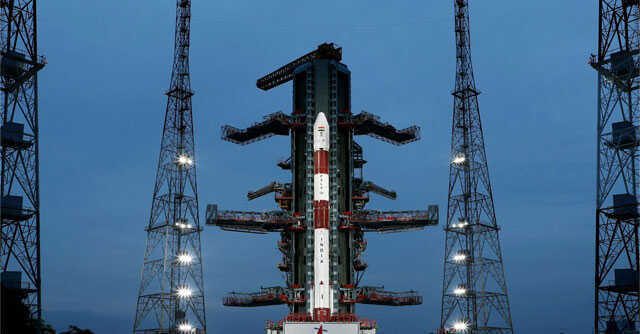
Isro PSLV-C53 mission sets precedent for public-private space collabs


Indian Space Research Organisation (ISRO)’s Polar Satellite Launch Vehicle (PSLV)-C53 that was launched with three satellites in its primary payload from the Satish Dhawan Space Centre in Sriharikota, Andhra Pradesh earlier today is the first official public-private collaboration for a space launch in India.
The three satellites from Singapore were launched as part of a commercial contract signed by ISRO through its public sector undertaking (PSU) for space, New Space India Limited (NSIL).
More importantly, the PSLV-C53 rocket also carried two instruments belonging to private Indian space startups, Digantara and Dhruva Space, which were a part of the mission’s secondary payload and part of its Polar Orbital Experiment Module (POEM). The inclusion of the two laid the ground for more public-private collaborations, to be facilitated by Indian National Space Promotion and Authorization Center (IN-SPACe).

While the primary payload refers to the main satellites launched in a mission, secondary payloads include additional satellites that fly with a mission alongside the primary payload, to maximize utilization of space infrastructure.
IN-SPACe is a nodal agency appointed by the Department of Space of the Indian government, which can authorize a non-government entity to use ISRO infrastructure and resources, including ISRO’s launch facilities.
Digantara is building “‘maps for space” said Anirudh Sharma, chief executive of the company. To do this, the company is working on creating a map of space radiations, debris, orbits and other related conditions. Eventually, the company plans to deploy a constellation of 40 space weather sensing satellites – and supply the data to commercial space operators, for a fee.

Dhruva, on the other hand, seeks to be a private satellite operator, offering full-stack satellite development, launch, deployment, operation and maintenance services to clients worldwide. With ISRO’s PSLV today, the company tested its satellite deployment ability through its proprietary interface.
Talking to Mint ahead of the launch, Digantara’s Sharma said that IN-SPACe helped facilitate access to ISRO’s Directorate of Space Situational Awareness and Management (DSSAM) – which helped it build its core technology.
Prior to signing a memorandum of understanding (MoU) with ISRO, Digantara was initially planning to launch its technology demonstrator satellite (TD-Sat) with US-based private space operator, SpaceX. “There were fewer hurdles to jump (for launching with an international private operator), which is why we were in talks with them,” said Sharma.

He said that it is here that IN-SPACe contributed – helping streamline the process, clarify regulatory hurdles and facilitate contact for public-private partnerships in space. Dhruva’s Nekkanti has also confirmed that following its CubeSat deployment in orbit today, the company has already signed an agreement with NSIL to launch its first official missions, called Thybolt-1 and Thybolt-2, aboard ISRO’s next commercial mission – the PSLV-C54.
The PSLV-C53 mission is the first example of the full stack of India’s space services working in tandem, said Lt Gen (Retd) Anil Kumar Bhatt, director general of space industry body, Indian Space Association (ISpA). Explaining how the involvement of private entities would gradually grow in space, he said, “In the US, Nasa (National Aeronautics and Space Administration), their central space agency, privatized their space industry over two decades ago – and today you see big companies such as SpaceX, Blue Origin and Virgin Galactic. But, reaching this stage takes time.”
India’s public-private collaborations are not just restricted to startups. In April this year, a consortium comprising Hindustan Aeronautics Limited (HAL) and Larsen & Toubro (L&T) won a bid to build five PSLV rockets for ISRO – a move that will be coordinated and enabled by NSIL.

ISpA’s Bhatt also said that the Ministry of Defence (MoD)’s iDex (Innovations for Defense Excellence) division is in talks with India’s private space startups, through the Defence Space Agency (DSA) of India, to “work out challenges for the industry”. These challenges, Bhatt said, would be centered around what India’s private space players can build for India’s defense architecture in space, and will be put forth next month.
